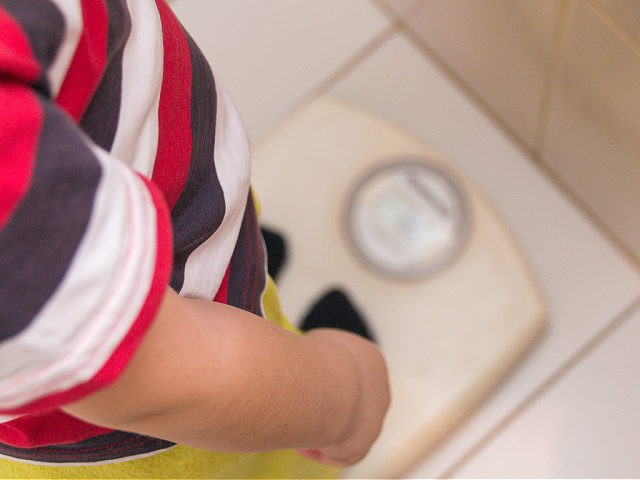Pediatricians are advocating prescription medications and surgeries to treat overweight children, according to new guidance.
The treatment plan released Monday declares the common practice of “watchful waiting” — in order to see if the child will become obese into adulthood or grow out of it — does not work. An obese child is very likely to remain obese into adulthood, according to co-author Dr. Ihuoma Eneli.
Doctors say children as young as 12 can be prescribed medications to deal with obesity, and children as young as 13 can undergo surgery to treat the problem. Obesity affects 14.4 million young people in the U.S. — it affects around 20 percent of all American children and 42 percent of adults.
Such medical interventions should be used in tandem with proper dieting and exercise, not as a substitute.
Obesity in children is defined as being at or above the 95th percentile for weight based on age and gender. The new guidance takes obesity as a biological, chronic issue and not one based on a lack of discipline or a poor lifestyle.
According to co-author Dr. Sandra Hassink, it is inaccurate to view childhood obesity as “a personal problem, maybe a failure of the person’s diligence. … This is not different than you have asthma and now we have an inhaler for you.”
New drug treatments for childhood obesity have been developed recently, with some seeing approval as recently as December 23. One such drug, Wegovy, can reportedly reduce the body mass index of children by an average of 16 percent, according to the New England Journal of Medicine.
Some doctors have criticized the new guidance online, saying prescriptions and surgeries are not the cure, but rather proper eating and exercise is the solution.
Dr. Vinay Prasad, a professor at University of California, San Francisco, found it “odd” that doctors “seem to think obesity is not related to what we feed children and how awful their environment is for play, but rather caused due to a deficiency in gastric bypass surgery and GLP-1 agonism around age 12.”
Some criticized the guidance as being connected to benefitting pharmaceutical companies as opposed to helping children.
Breccan F. Thies is a reporter for Breitbart News. You can follow him on Twitter @BreccanFThies.

COMMENTS
Please let us know if you're having issues with commenting.